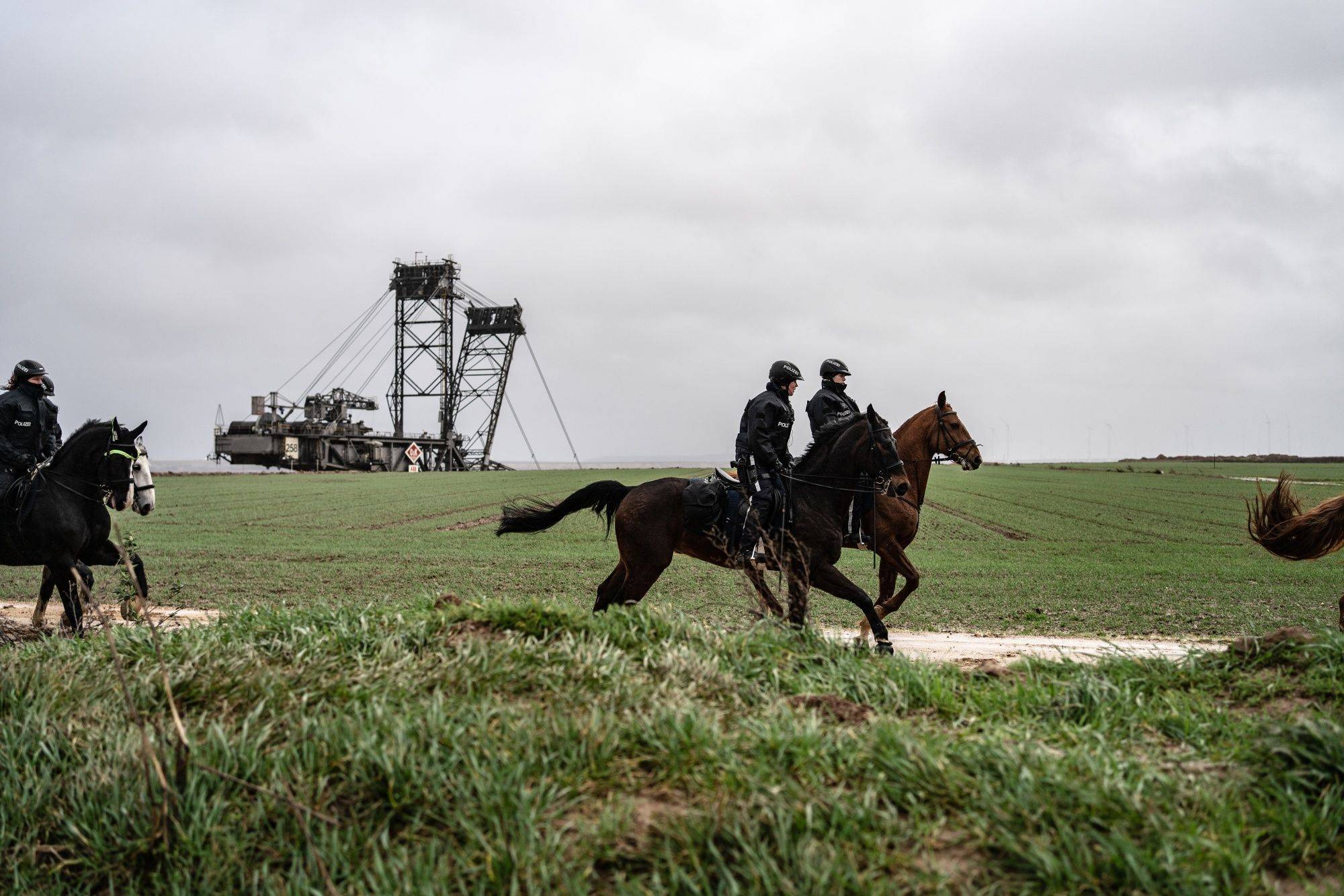The protest started cheerfully enough on Wednesday, with music blaring and flags flying even under the driving rain. Then the police arrived, decked out in riot gear and backed by bulldozers, ready to demolish the village of Luetzerath to make way for the expansion of an opencast coal mine in the heart of Europe.
As Germany turns back to the dirtiest fossil fuel to counter a global energy crisis triggered by Russia’s invasion of Ukraine, this desolate settlement of drab brick houses and muddy fields has found itself at the center of a broader debate about the future of the continent’s energy security — and its consequences for a warming planet.
A few houses are all that remain of Luetzerath, a hamlet in Germany’s industrial powerhouse of North Rhine-Westphalia, where mining has deep roots and still provides thousands of jobs. Its original residents have long since been relocated, but as many as 300 activists moved in about two years ago to block a decades-old plan to expand mining operations in the area.



